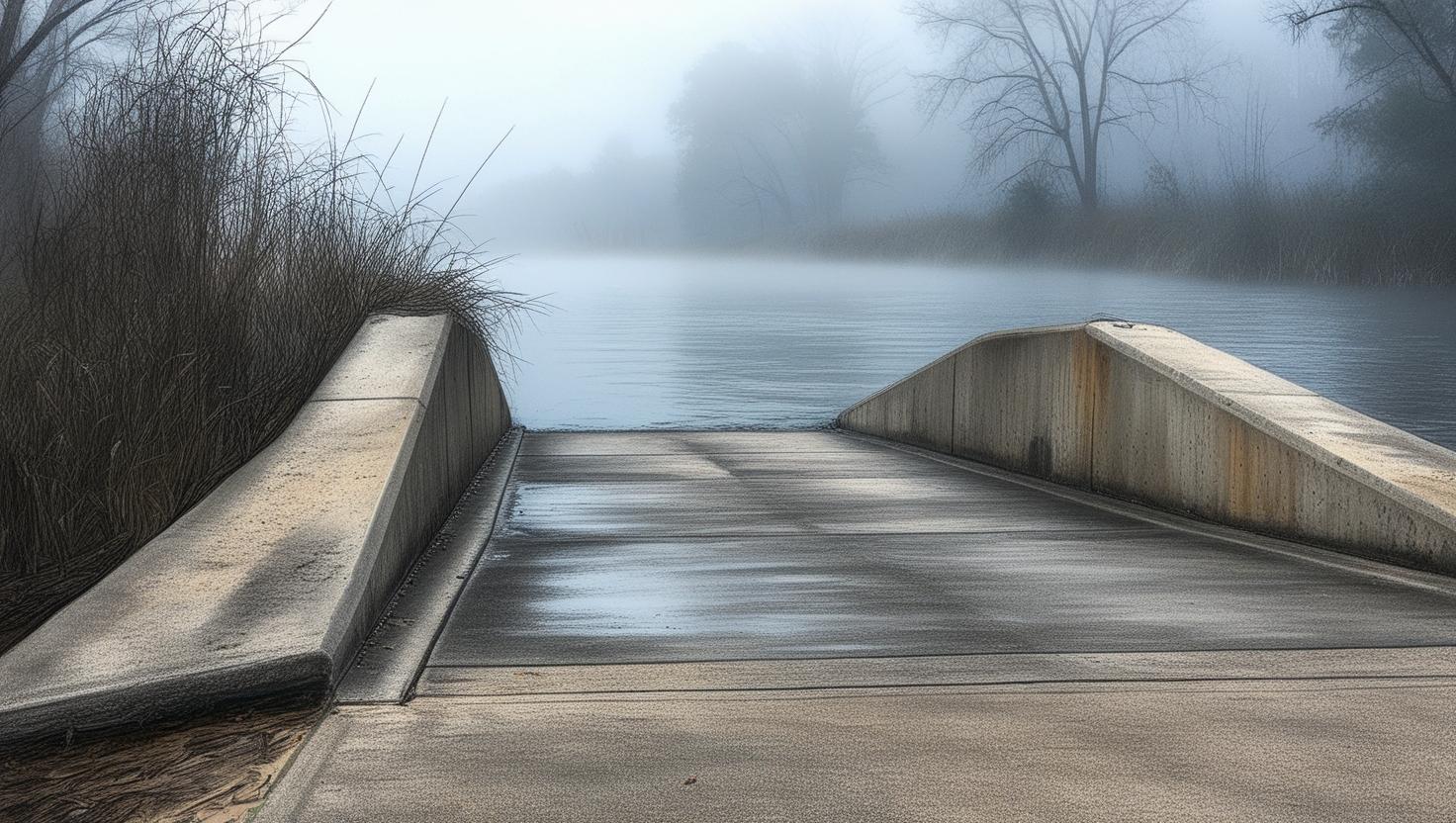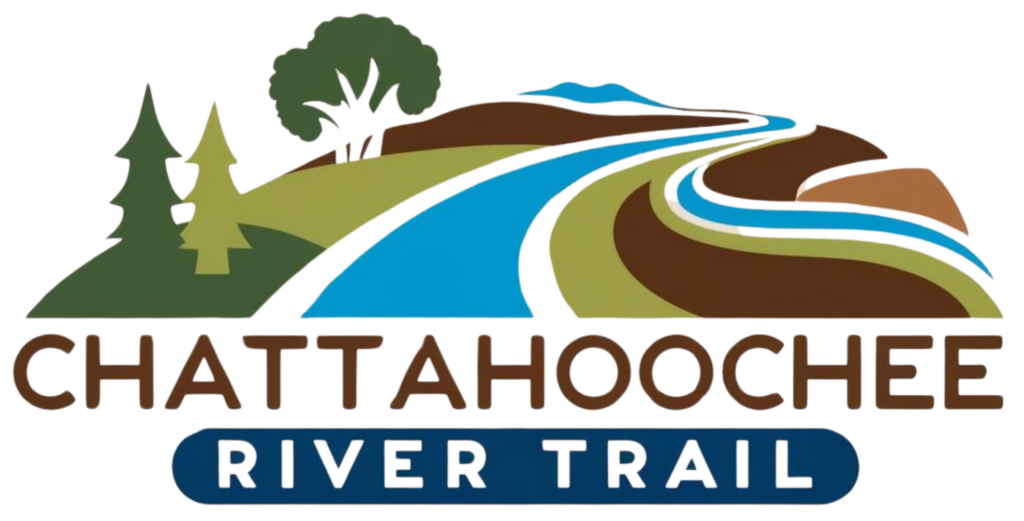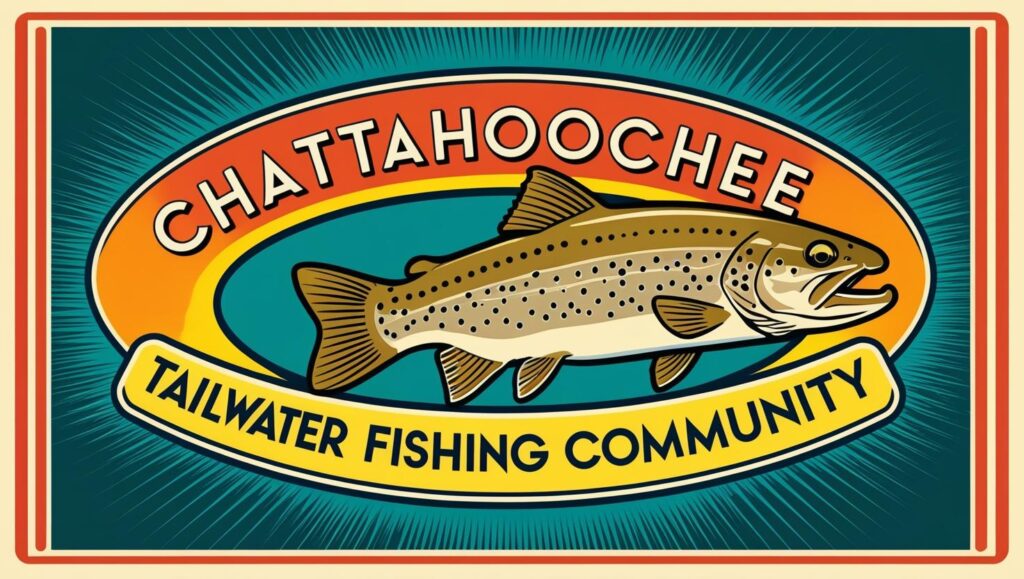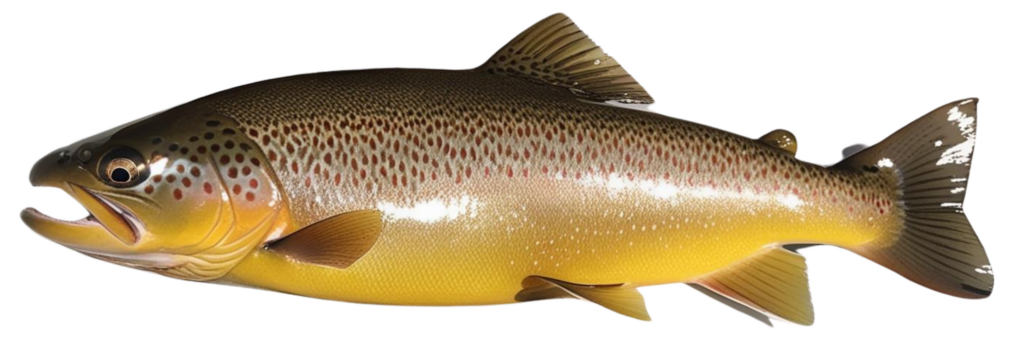The McGinnis Ferry Bridge and Boat Ramp, located on the Chattahoochee River in Suwanee, Georgia, is a key access point within the Chattahoochee River National Recreation Area (CRNRA). This site is popular for its recreational opportunities, including boating, fishing, kayaking, and picnicking. It also holds historical significance as part of the broader development of infrastructure along the Chattahoochee River corridor. Below is a detailed description of McGinnis Ferry Bridge and Boat Ramp, encompassing its history, amenities, and appeal as a recreational destination.
Historical Significance
The McGinnis Ferry area has a long history tied to transportation and commerce. Historically, ferries were vital for crossing the Chattahoochee River before bridges were constructed. McGinnis Ferry was one such crossing point, connecting communities on either side of the river and facilitating trade and travel. The ferry system was eventually replaced by modern bridges, including the reinforced concrete bridge built in 1965 that now stands at McGinnis Ferry Road. This bridge represents mid-20th-century advancements in infrastructure and reflects the growing need for reliable transportation routes as suburban development expanded around Atlanta.
The name “McGinnis Ferry” itself is a nod to the area’s historical roots as a ferry crossing. While the original ferry is no longer operational, its legacy lives on through the bridge and surrounding recreation area. The site has become an integral part of CRNRA, which was established in 1978 to preserve and protect the natural, scenic, and recreational values of the Chattahoochee River corridor.
Amenities
The McGinnis Ferry Boat Ramp and surrounding area offer several amenities that make it a convenient and enjoyable location for visitors:
- Boat Ramp: The paved boat ramp at McGinnis Ferry is suitable for launching motorized boats, canoes, kayaks, rafts, and tubes. It provides easy access to the river for various watercraft types.
- Parking: The site includes parking facilities for autos, boat trailers, and even buses or RVs. While the parking area is relatively small compared to other CRNRA units, it is sufficient for day-use visitors.
- Picnic Area: A small picnic area with tables is available near the boat ramp. Visitors can enjoy riverside picnics while taking in views of the Chattahoochee River.
- Information Kiosk: An information kiosk provides helpful details about river conditions, safety tips, and recreational opportunities.
- Restrooms: While restrooms are not available directly at McGinnis Ferry Boat Ramp, nearby CRNRA units offer restroom facilities.
Recreational Opportunities
McGinnis Ferry is a hub for outdoor activities on the Chattahoochee River. Its combination of clear waters, accessible launch points, and scenic surroundings makes it appealing to visitors seeking adventure or relaxation.
Boating
The boat ramp at McGinnis Ferry allows easy access to the Chattahoochee River for motorboats, kayaks, canoes, rafts, and tubes. Popular boating routes include:
- McGinnis Ferry to Settles Bridge (3.8 miles)
- McGinnis Ferry to Medlock Bridge (9 miles)
These routes offer opportunities to explore calm stretches of water interspersed with mild rapids.
Fishing
Fishing is one of the most popular activities at McGinnis Ferry due to its proximity to Buford Dam. The cold water released from the dam creates ideal conditions for trout year-round. Anglers can catch rainbow trout and brown trout in this section of the river. Additionally, bass species such as shoal bass can be found in warmer downstream waters.
Kayaking and Canoeing
McGinnis Ferry is an excellent starting point for paddling trips along the Chattahoochee River. Kayakers and canoeists can enjoy scenic views while navigating gentle currents. However, paddlers should monitor water release schedules from Buford Dam before starting their trips.
Picnicking
The picnic area near McGinnis Ferry Boat Ramp provides a peaceful setting for family outings or group gatherings. Visitors can relax by the river while enjoying meals prepared on-site or brought from home.
Wildlife Observation
The surrounding area is rich in wildlife due to its location within CRNRA. Birdwatchers often spot herons, kingfishers, and other waterfowl along the riverbanks.
Safety Considerations
Visitors should exercise caution when engaging in activities at McGinnis Ferry:
- Water Quality: Check current estimated E. coli counts before entering the river; high levels can pose health risks.
- Water Release Schedule: Sudden changes in water flow caused by releases from Buford Dam can create hazardous conditions. It takes approximately 1 hour and 45 minutes to 2 hours for released water to reach McGinnis Ferry.
- Flow Rates: Paddling trips should be canceled if flow rates exceed 4,000 cubic feet per second (cfs) for kayaking or canoeing and 5,000 cfs for rafting.
Fees
Accessing McGinnis Ferry requires payment of an entrance fee as part of CRNRA regulations:
- Day passes are available online or at park kiosks using credit/debit cards.
- Annual passes provide unlimited access to all CRNRA units.
Visitors must display their pass on their vehicle dashboard or carry proof on their phone when entering on foot or bike.
Conclusion
McGinnis Ferry Bridge and Boat Ramp stand out as a unique destination along the Chattahoochee River due to their blend of history and recreation. Whether you’re launching a kayak for a peaceful paddle downstream or casting a line into trout-filled waters near Buford Dam’s tailwater zone, this site offers something for everyone. Its rich past combined with modern amenities ensures that visitors leave with lasting memories of this remarkable location along Georgia’s iconic river corridor.




